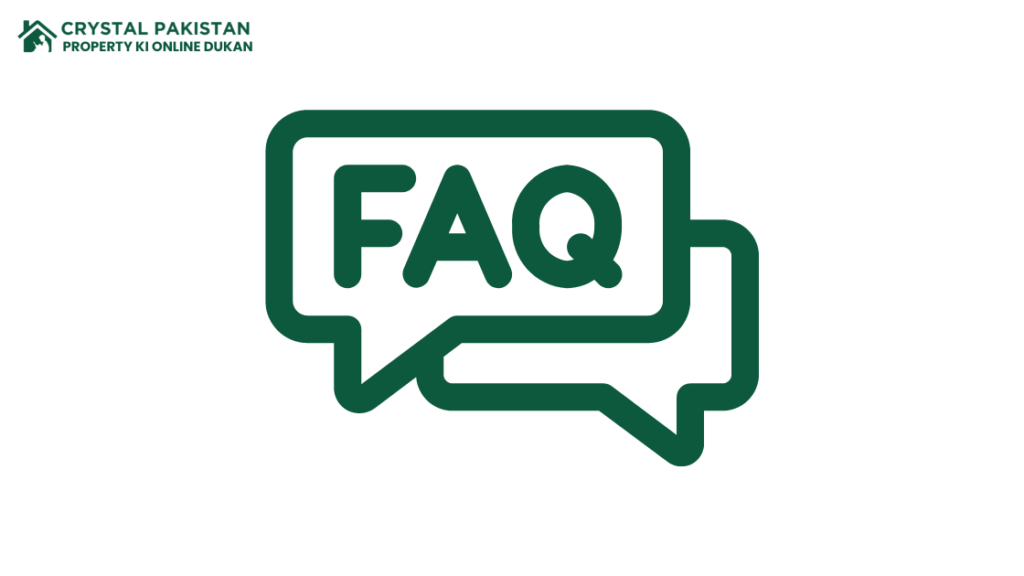How to Navigate the Legal Process of Buying Property in Pakistan
Buying property in Pakistan can be an exciting venture, but it also involves a complex legal process that requires careful consideration and adherence to various regulations. Whether you’re a resident or an expatriate looking to invest in Pakistani real estate, understanding the legal intricacies is essential to ensure a smooth and secure property transaction. In this article, we will guide you through the step-by-step process of How to Navigate the Legal Process of Buying Property in Pakistan.
Click Here: House for sale in Faisalabad 👈
Understanding Property Ownership Laws
Types of Property Ownership
In Pakistan, property can be owned through various modes, including freehold, leasehold, and co-operative housing societies. Foreign nationals may have specific restrictions on property ownership, making it crucial to understand the allowed ownership categories.
Eligibility Criteria for Foreign Buyers
Foreign buyers must adhere to eligibility criteria set by the government. These criteria may include the purpose of property purchase, minimum investment thresholds, and necessary approvals from relevant authorities.
Choosing the Right Property
Location and Amenities
Selecting the right property involves considering factors such as location, proximity to amenities, and potential for growth in value. Research thoroughly to make an informed decision.
Property Inspection and Evaluation
Before finalizing a property, conduct a thorough inspection to ensure it meets your expectations. Additionally, consider hiring a property evaluator to assess the fair market value of the property.
Engaging a Legal Advisor
Importance of Legal Counsel
Having a legal advisor is essential to navigate the complexities of property laws in Pakistan. A legal expert can guide you through the legal formalities and help you avoid potential pitfalls.
Due Diligence on Property Title
Your legal advisor will conduct due diligence to verify the property’s title and ownership. This step ensures that there are no disputes or legal issues associated with the property.
Drafting and Signing the Agreement
Sale Deed and Contract
The sale deed outlines the terms and conditions of the property transaction. Ensure that all terms are clearly defined, including the sale price, payment schedule, and any additional agreements.
Click Here: House for sale in Lahore 👈
Registration with Relevant Authorities
Both the buyer and seller must register the sale deed with the relevant authorities to make the transaction legally binding. This step provides an official record of the property transfer.
Verification of Property Documents
Land Ownership Records
Verify the property’s ownership records with the local land registration office to ensure that the seller has legal ownership rights.
No Objection Certificates (NOCs)
Certain properties may require NOCs from local development authorities. These certificates confirm that the property adheres to zoning regulations and is clear for transaction.
Property Transfer and Registration
Transfer Process
The property transfer process involves the submission of documents to the local land office. The transfer is then recorded in the buyer’s name, and a new ownership title is issued.
Stamp Duty and Registration Fees
Buyers are required to pay stamp duty and registration fees as part of the property transfer process. These fees are calculated based on the property’s value.
Clearance of Taxes and Dues
Property Taxes
Property owners in Pakistan are subject to various taxes, including property tax. It’s essential to clear any outstanding taxes before completing the property purchase.
Capital Gains Tax
If you decide to sell the property in the future, capital gains tax may apply. Consult with a tax advisor to understand the implications of this tax.
Click Here: House for sale in Islamabad 👈
Finalizing the Transaction
Possession of Property
After completing the legal formalities, you can take possession of the property. Ensure that all necessary documents are handed over by the seller.
Handing Over of Ownership
The process concludes with the formal handing over of ownership. This involves the transfer of legal rights and responsibilities from the seller to the buyer.
Resolving Disputes
Legal Recourse
In case of property-related disputes, you can seek legal recourse through the appropriate legal channels. Having a legal advisor can be invaluable during such situations.
Alternative Dispute Resolution (ADR)
Consider alternative dispute resolution methods, such as mediation or arbitration, to resolve conflicts more efficiently without resorting to lengthy court proceedings.
Click Here: House for sale in Karachi 👈
Conclusion
Navigating the legal process of buying property in Pakistan requires careful attention to detail and adherence to legal requirements. By understanding the steps outlined in this article, you can confidently approach property purchase while safeguarding your interests and investment.

FAQs: Navigating the Legal Process of Property Purchase in Pakistan
Can foreign nationals own property in Pakistan?
Foreign nationals can own property in Pakistan, subject to certain eligibility criteria and approvals.
What is the role of a legal advisor in property purchase?
A legal advisor guides buyers through legal formalities, ensuring a smooth and lawful property transaction.
What is due diligence in property purchase?
Due diligence involves verifying the property’s legal status, ownership, and any potential issues.
What are No Objection Certificates (NOCs)?
NOCs are certificates from local authorities confirming that the property complies with zoning and development regulations.
What is the significance of property registration?
Property registration provides an official record of ownership transfer and legalizes the transaction.



